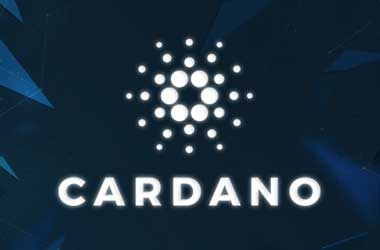
While announcing the news, the foundation also disclosed that 5 million students will receive a safe blockchain technology based ID and document system, making it the biggest blockchain system deployed in the worldwide education sector.
As per the announcement, Atala Prism ID, developed by IOHK, will be employed, starting with the genesis block, to serve more than 3,500 schools, 750,000 teachers and about 5 million students throughout the East African nation. The ID will not only function as an unalterable record, but also facilitate grade validation and improvised tracking of performance in school by the Education Ministry.
Presently, similar to several countries in Africa, Ethiopia has a dearth of adequate capacity to implement regulatory criteria for problems such as mandatory school attendance. Atala PRISM ID suggests addressing these issues in a step by step and cost effective way by offering storage and access to grades, performance records and attendance on a blockchain, which cannot be tampered.
The Education Ministry trusts that offering simple and dependable validation of qualifications will resolve problems such as certificate scams by. This avoids the requirement for employers to sign up costly third party scrutinizing firms.
The improved transparency and in-depth data is also anticipated to assist authorities to pin-point regions of underperformance in an easy manner, making them well paced to provide appropriate solutions.
Based on Atala PRISM, the ID will allow the creation of secure records of educational performance for3.5k schools, 5M students and 750k teachers, giving all pupils verifiable digital qualifications, increasing social mobility and allowing lesson planning and attainment monitoring
— IOHK Media (@IOHKMedia) April 27, 2021
To hear more about our work in Africa and the partnership, tune into our Africa Special on Thursday! For a full press release, please contact media@iohk.io https://t.co/WaXcUhF1js
— IOHK Media (@IOHKMedia) April 27, 2021
Furthermore, the firm hopes to widen the collaboration to include Ethiopian universities, likely establishing the foremost blockchain-platform based kinder garden-to-post graduate education administration system worldwide. In this context, Ethiopian authorities are empowering students and teachers with a tablet linked to a devout network, providing them total access to their documents.
As portion of its grandiose ‘Digital Ethiopia 2025’ transformation plan, which aims to digitize education, tourism, manufacturing and agriculture, the country is vigorously implementing IOHK’s Cardano-based Atala offerings. An IoT trial program to monitor smallholder agriculture distribution chains and a blockchain technology based healthcare documents storage venture are presently being developed, both utilizing Atala technology.
Talks are going on to embed a blockchain technology powered digital transport ticketing platform with Addis Ababa’s metro transportation platform. The government has also developed a countrywide identity standard for integration with the Atala PRISM ID platform.
As per IOHK’s African Operations Director John O’Connor, the victory of the Ethiopian collaboration could pave way for a new start of blockchain technology powered growth throughout Africa. O’Connor said:
“Ethiopia’s blockchain-based education transformation is a key milestone on IOHK’s mission to provide economic identities and employment, social and financial services for the digitally excluded. After five years of R&D, Cardano is now mature enough to underpin a blockchain solution which can scale to serve an entire national population. This project could light the touch-paper for a wave of third-generation blockchain innovation across Africa and the developing world, bringing vital services to those who have previously been cut off from them.”